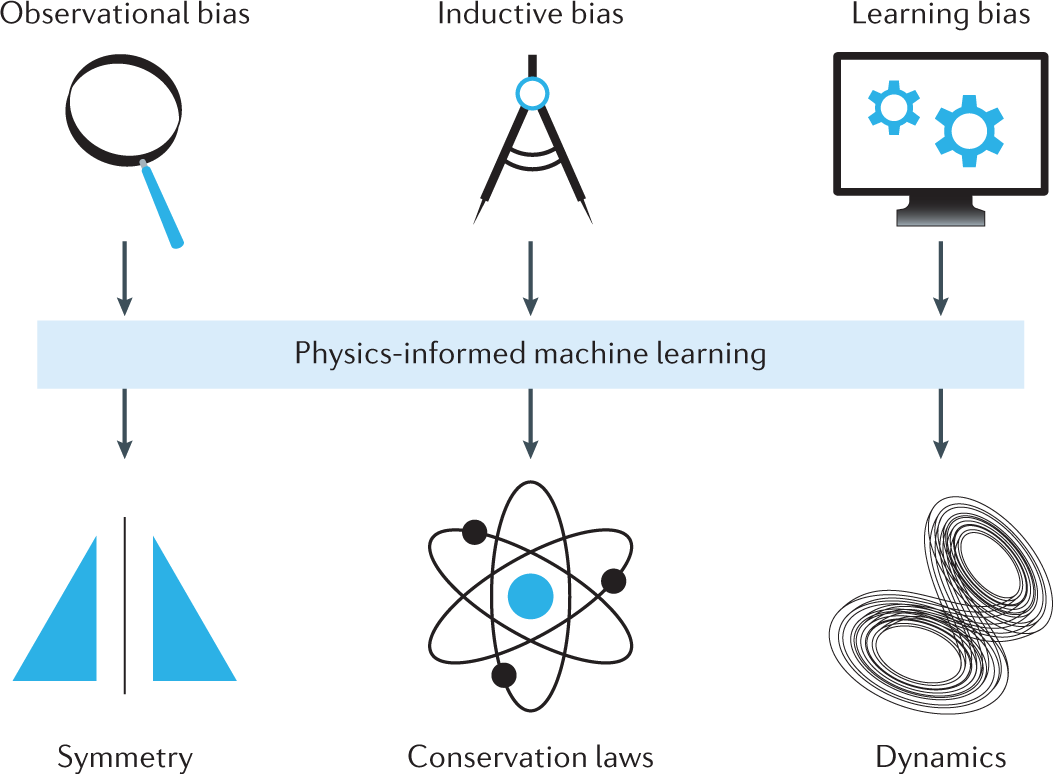
Project Overview
Physics-Informed Neural Networks (PINNs) represent a revolutionary approach that integrates deep learning with physical laws to solve complex partial differential equations (PDEs) in computational science. This project focuses on developing advanced PINN methodologies for challenging problems where traditional numerical methods face limitations.
Goals
- Scientific Computing Innovation: Develop advanced PINN architectures for solving complex PDEs in physics and engineering
- Multi-Physics Integration: Create unified frameworks for coupled multi-physics problems using physics-informed approaches
- Real-Time Simulation: Enable fast and accurate real-time simulations for scientific applications
- Inverse Problem Solving: Apply PINNs to parameter identification and inverse problems in computational science
Key Research Areas
- Forward Problem Solving: Heat transfer, fluid dynamics, structural mechanics, and electromagnetic simulations
- Inverse Problem Applications: Parameter estimation, material property identification, and boundary condition reconstruction
- Advanced PINN Architectures: Multi-scale PINN, adaptive loss weighting, and domain decomposition methods
- Uncertainty Quantification: Incorporating uncertainty analysis in physics-informed neural network predictions
Team Members
Principal Investigator
- Dr. Chien Truong-Quoc - Hanoi University of Science and Technology (HUST)
Students
- Graduate and undergraduate students working on PINN applications and algorithm development
Applications
- Computational Fluid Dynamics: Flow simulations and turbulence modeling with physics constraints
- Structural Analysis: Elasticity problems, wave propagation, and fracture mechanics
- Electromagnetics: Maxwell’s equations and antenna design optimization
- Computational Biology: Reaction-diffusion systems and biomechanics modeling
Future Directions
- Development of more sophisticated PINN architectures for multi-scale problems
- Integration with experimental validation and real-world applications
- Applications in climate modeling, materials science, and energy systems
- Collaboration with industry partners for practical implementations
🔍 Search for PINN in Computational Science related papers on the Research page